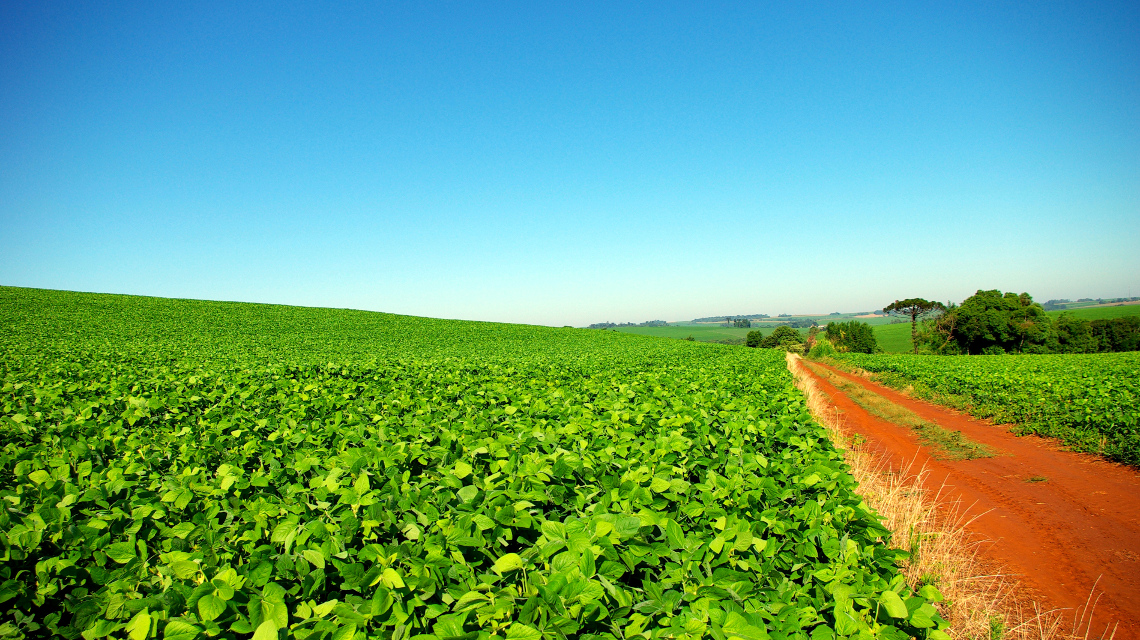Agricultural research: New alliance with Brazil
The sustainable production of crops is the focus of a cooperation between agricultural research institutions in Germany and Brazil.

Many countries have already put the bioeconomy on the political agenda to drive social and economic change in the country. According to a study by the Bioeconomy Council, an advisory body to the German government, 49 countries - including Brazil - have launched bioeconomy programmes to date. International cooperation is becoming increasingly important on the road to a bioeconomy.
Learning and profiting from each other
Close research partnerships have been running in Germany for a long time, especially with Brazil. Scientists from Germany and Brazil, for example, recently succeeded in producing fertilisers and biopolymers from residues from sugar cane processing. On the fringes of the bio-economy trade fair "GreenRio" at the end of May, a research alliance between the Federal Research Institute for Cultivated Plants at the Julius Kühn Institute (JKI) and the Brazilian agricultural research institute EMBRAPA was signed. "The signing of the declaration of intent at GreenRio is a further step towards forging a transnational research alliance," said JKI President Frank Ordon. Especially at a time when the potential of the bioeconomy with all its facets is high on the political agenda, one wants to learn from and profit from each other.
Sustainable plant production
The cooperation focuses on the sustainable production of cultivated plants. Here, the research partners want to sound out the extent to which this is possible by adapting plants and cultivation systems to climate change and developing new environmentally friendly crop protection strategies. Research alliances are also feasible for other topics such as plant genetics, soil health and precision agriculture. By the end of June 2019, both partners intend to draw up a list of possible topics.
bb/siw


